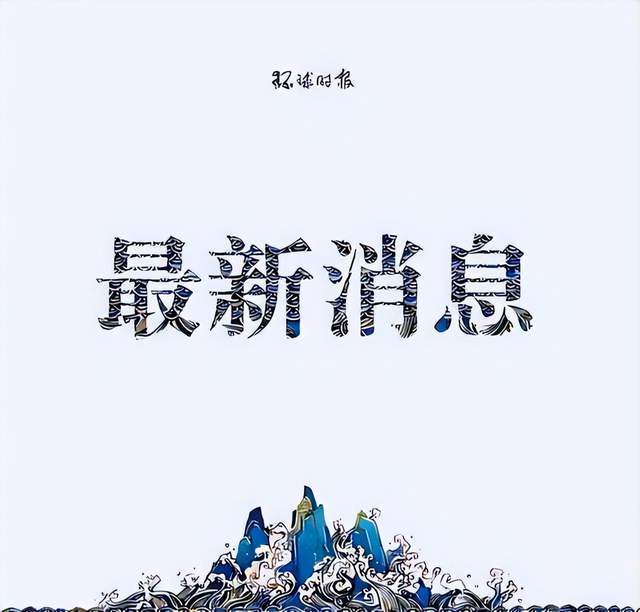The U.S. Anti -China Chip Alliance is in trouble
Author:Global Times Time:2022.09.14

The British "Financial Times" September 12 article, original title: The United States mobilized the East Asian "chip Quartet Alliance" to block the United States trying to fight for its East Asian ally to support the formation of a semiconductor supply chain alliance. Essence
The "Chip Quartet Alliance" initiative is part of the US (anti -China) strategy. The purpose is to strengthen the ability of the United States to obtain key chips and weaken Beijing's participation on the grounds of trade and national security. According to the idea, it consists of the United States, South Korea, Japan and Taiwan. However, after the first formulation of the plan, the four parties did not even finalize the plan of the preliminary meeting. The concerns of worrying include the possible response of Beijing, hesitating to incorporate Taiwan into the intergovernmental forum and the long -term tension between South Korea and Japan.
Sujie Shivkuma, a senior researcher at the Washington Strategy and International Research Center, said that the United States "needs alliances to strengthen its supply chain" and give it an opportunity to breathe to regain its industrial foundation in this field. The "Chip Quartet Alliance" plan is also for "some progress of China's (chip)".
The United States claims that the initiative is a positive multilateral agenda, which is different from export control and investment review that makes China more difficult to obtain advanced semiconductor technology. But Chinese opposition has caused some regional participants and chip manufacturers to disturb. China accounts for 40%of the global production of IT products, and is still an important source of key components and materials.
The person in charge of Samsung Electronic Semiconductor Business said last week that the company has "expressed our concerns about the initiative." "Our position is that we should first seek the Chinese understanding of the Tip of the Chip, and then negotiate with the United States. We have no intention of using the US -China conflict, but we are seeking a win -win solution."
South Korea is the most reluctant country of the potential members of the alliance. A U.S. government official said South Korea expressed concern that the initiative would affect the competitive balance between some large chip companies. Some people in South Korea are also worried that Washington may use the initiative to bring competitive advantages to domestic companies such as Intel. Park Jung Ken, a professor at the Department of Electronics Engineering of Hanyang University in South Korea, said that South Korea "should emphasize the Chinese side that due to the pressure of the United States, South Korea has no choice but to produce memory chips in China without joining the alliance." A Japanese government official said that the addition of South Korea may limit the scope of the initiative because the tension of Japanese -Korean relations has not been resolved.
Japan and South Korea are also unwilling to contact the formal groups including Taiwan, including Taiwan. A senior Korean official said that South Korea has sought guarantee from the United States -Taiwan's participation cannot be interpreted by Beijing as a challenge to a Chinese policy. He also said that South Korea did not make any promises except to participate in the "preliminary meeting" in the future. Former U.S. economic security official Nazak Nikachtar believes that the progress of the initiative slowly shows that "only when each party has the same wish and acts in the same time, the multilateral solution will work." "On the issue of China, South Korea is not as positive as the United States and Japan ... we can't expect Taiwan to self -regulate trade with mainland China, because many raw materials they use to make chips come from the mainland. Therefore, let Taiwan and South Korea, especially in South Korea, especially especially The idea of consistent with the United States on this issue is ridiculous. " (Author Christian Davis, etc., translated by Chen Junan) ▲
- END -
Lavrov stated!
On the 27th local time, Russian Foreign Minister Lavrov said when he attended the Fifth Global Youth Diplomacy Forum in Kazan that Russia will still pursue peace foreign policies and promote a positiv
Pay attention 丨 A fire suspect was detained in southwestern Turkey's forest fires continued

On June 23, local time, a suspect of a forest fire in southwestern Turkey was deta...